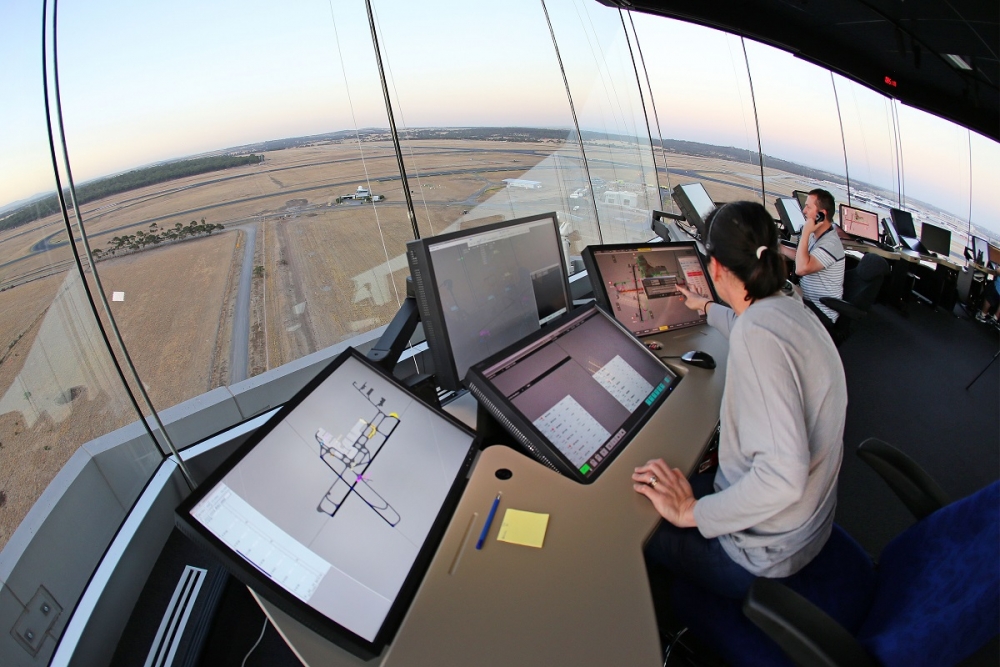MIlestone for world-first OneSKY ATC project
26 February, 2018
3 min read


Australia’s ambitious OneSKY project to unify civilian and military air traffic control has jumped a significant hurdle after final contracts were signed with major contractor Thales Australia.
Australia is integrating military and civilian air traffic control in a world-first project known as the Civilian Military Air Traffic Control System (CMATS).
Both systems need replacing and the aim of OneSKY was to do this at less cost than mounting separate projects while boosting overall efficiency and safety.
Air traffic control provider Airservices Australia, which is managing the project in partnership with the Department of Defence and Thales, says it will allow the country to better handle forecast traffic growth.
The signing is major breakthrough for the $A1.2 billion project, which has attracted its fair share of controversy and was labelled a “project of concern” by the Defence Department because of delays.
The original completiton date of 2021 was put back to 2023 after lengthy negotiations with Thales and differences between Defence and Airservices.
A report last year by the Australian National Audit Office questioned the way tenders were evaluated and whether Thales was the best value for money.
However, Defence Minister Marise Payne said Monday that the signing would see OneSky removed from the Projects of Concern list.
Payne said the project would support 450 specialist high-tech jobs in Melbourne with Australian companies benefiting to the tune of about 75 per cent of acquisition costs and 95 percent of annual support costs.
“This project will replace the ageing military air traffic management systems and is essential to ensuring our ADF can continue to operate safely in Australia’s airspace,” she said.
Conflict between military and civilian airspace is a an issue in several parts of the world. particularly China.
Read: Chinese aviation growth may be in doubt
Airservices says the new system will see air traffic controllers use advanced technology and real-time traffic prediction tools to guide aircraft, giving airlines more flexibility to fly the most efficient routes.
It says this will enhance safety while reducing flight times and delays for the travelling public.
“OneSKY is game-changing. It is transformative, not only for air traffic management in Australia, but world-wide there is nothing like it,” Airservices chief executive Jason Harfield said Monday.
“This state-of-the-art system means for the first time, civil and military air traffic controllers will share the same integrated air traffic management system, using the same information to jointly manage 11 per cent of the world’s airspace for which Australia is responsible.”
Harfield has always argued it was critical to reduce risks to the project before signing major contracts and on Monday he noted significant progress had already been made though advanced work orders.
“In 2017, we commenced installation of the first phase of the new Voice Communication System, which will be commissioned later this year,’’ he said.
“We have also completed the system requirements review in January, which means Airservices, Defence and Thales have a common agreed understanding of the system’s requirements.
“This has significantly reduced risks in the project prior to finalising the commercial and contractual arrangements.”
Next Article
3 min read
Virgin gets nod for Tiger deal

Get the latest news and updates straight to your inbox
No spam, no hassle, no fuss, just airline news direct to you.
By joining our newsletter, you agree to our Privacy Policy
Find us on social media
Comments
No comments yet, be the first to write one.
